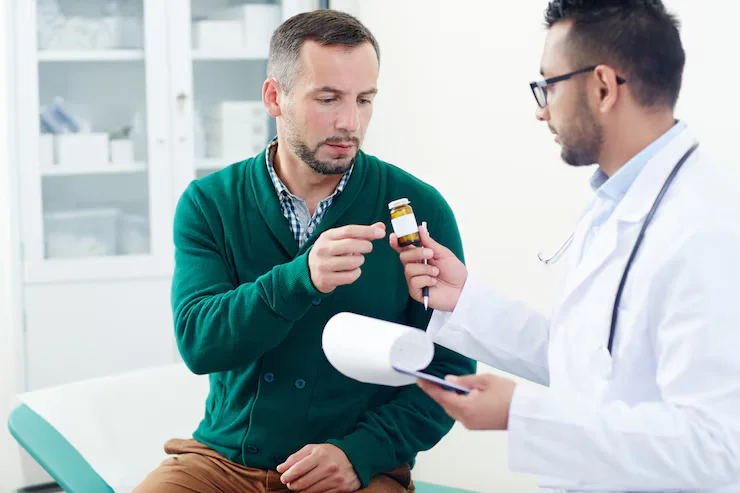Mental health and substance use often go hand in hand. For many individuals, drug or alcohol use isn’t just recreational—it’s a form of self-medication. But while substances may offer temporary relief, they often end up making things worse in the long run Mental Illness.
Understanding why people use drugs to cope with mental illness can help reduce stigma, increase empathy, and point individuals toward healthier, more sustainable solutions.
The Link Between Mental Illness and Substance Use
According to the National Institute on Drug Abuse (NIDA), nearly 50% of people with a substance use disorder also have a mental health disorder, such as anxiety, depression, PTSD, or bipolar disorder. This is known as a co-occurring disorder or dual diagnosis.
People living with untreated or poorly managed mental health symptoms may turn to substances in an effort to:
- Calm anxiety or panic
- Boost mood or energy
- Escape trauma-related memories
- Numb emotional pain or stress
- Improve sleep
It’s a survival tactic—but one that often backfires.
Why Self-Medication Doesn’t Work
While substances might temporarily soothe distress, they often disrupt the brain’s natural chemistry over time. This can lead to:
- Worsening of underlying mental health symptoms
- Higher tolerance and dependence
- Increased risk of overdose or crisis
- Isolation, job loss, or relationship issues
For example, alcohol might ease social anxiety in the moment, but it’s a depressant that can actually increase anxiety and depressive symptoms over time. Similarly, stimulants might provide short-term focus or energy but lead to crashes, paranoia, or even psychosis.
Digging into this topic? Here’s something else to explore.
A Better Path: Treating Both Together
Effective recovery means addressing both the substance use and the mental health condition at the same time. That’s why dual diagnosis programs are so critical—especially in communities where integrated care is available.
If you or someone you love is dealing with both mental health struggles and addiction, seeking Massachusetts drug treatment that incorporates psychiatric care, therapy, and medication management can be life-changing.
What to Look for in a Dual Diagnosis Program
Look for treatment centers that offer:
- Comprehensive assessments for both mental health and substance use
- Licensed therapists and psychiatrists on staff
- Individual and group therapy
- Trauma-informed care
- Medication-assisted treatment (MAT) if appropriate
- Ongoing support and relapse prevention planning
At Northstar Recovery Center, clients receive customized care plans that treat the whole person—not just the symptoms. This integrated approach helps individuals learn new ways to cope, rebuild self-esteem, and find stability in both mind and body.
Healing Is Possible
If you’re using substances to cope, you’re not alone—and you’re not broken. You’re doing your best to manage pain with the tools you have. The good news? Better tools are available. Compassionate, evidence-based care can help you build new habits, manage mental health symptoms, and live a life that feels good without relying on drugs or alcohol.
If you’re ready to explore options for Massachusetts drug treatment, Northstar Recovery Center is here to guide you every step of the way.
Looking to expand your knowledge? Check out more of our articles!







